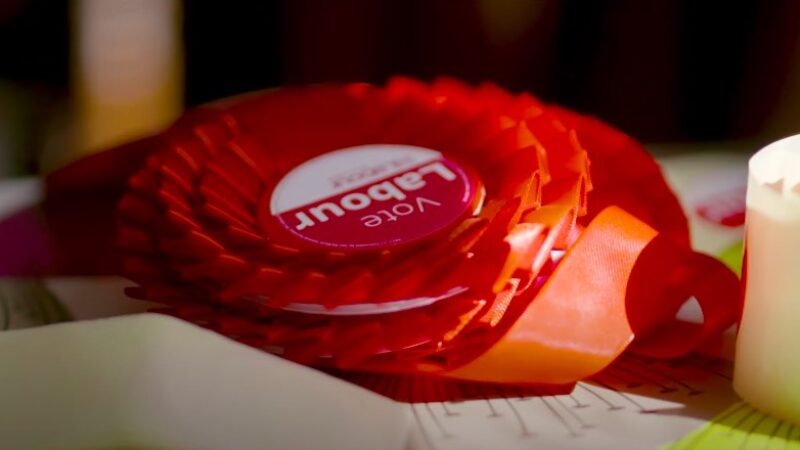
Labour’s national executive committee has approved a sped-up selection process for parliamentary candidates, arguing “continued political volatility” and “uncertainty” about the date of the next election requires the party “to increase the pace”.
The party’s ruling body had previously agreed a streamlined process for selecting candidates in non-priority seats at its meeting in May, but a new document – seen by LabourList – sets out an even quicker process that will replace it.
The document states that the new selection process will be used in selections for “non-battleground and non-notionally Labour-held seats” in England from November, “in anticipation of a general election in spring 2024”.
While the May document said NEC officers would agree “tranches” of non-target seats to be opened for selection, the November document states that “all non-battleground and non-notionally Labour-held seats shall be opened for applications by the party as soon as is practicable”.
The later document says the NEC “may also be asked to agree further variations should political events and the statutory timetable necessitate such action”.
The new process will see responsibility for shortlisting fall to a panel made up of two NEC members and one regional executive committee (REC) member. There will be a minimum of one panel per region, with additional panels formed where “the volume of applications or number of seats require it”.
In the process set out in May, shortlisting was to be undertaken by three members of the relevant Constituency Labour Party (CLP) – though NEC member Ann Black reported that it was initially proposed that shortlisting be completed by two REC members and one CLP representative.
Black argued that the initial proposal would give local parties “even less of a voice than the full procedure”, while Momentum claimed it was an attempt to “further disenfranchise” local members and had been “successfully resisted”.
The November document states the final shortlist “may be determined at the discretion of the panel based on a review of applications and the due diligence reports, and by way of interviews with applicants”. Black said in a report following the NEC meeting shortlists could be confirmed “with or without interviewing”.
A requirement included in the May document for a briefing to be provided by the party’s Governance and Legal Unit on the current list of selected candidates “to ensure that that the party’s overall slate of candidates reflects the communities the party seeks to represent” will now only be completed “where required”.
Another change from the May proposals concerns cases of shortlists of just one candidate. The May document stated that a selection panel may progress with a shortlist of one “where there is only one suitable applicant”.
The November proposals also allow such an approach “where the statutory timetable makes it impractical to progress to a final hustings meeting”.
According to the November document, CLP officers will act as a selection committee following shortlisting “for the purposes of administering the campaign period and arranging the hustings”.
Hustings will take place “no more than 14 days from the date of shortlisting, where practicable”, with eligible members given a minimum of three days notice ahead of the selection meeting.
One prospective parliamentary candidate said: “We could be about ten working weeks away from the short campaign, and every full selection takes up days and days of regional staff time when they should be focusing on skilling up trainee organisers, sorting print and digital campaign spending and mapping out plans for the short campaign.
“Any party serious about winning wouldn’t spend weeks on end in drawn out selection battles in seats that we don’t need to win.”
But NEC member and Momentum vice-chair Mish Rahman said: “It is highly disappointing that CLPs’ right to conduct shortlisting for parliamentary candidates has been removed for these selections.
“Local parties are the lifeblood of our party. But time and again their rights have been undermined in recent years, particularly in relation to parliamentary selections. Local members should decide local candidates, as Keir Starmer rightly recognised in 2020.”
The Labour Party was approached for comment.




More from LabourList
‘Tackling poverty should be the legacy of Keir Starmer’s government’
‘The High Court judgment brings more uncertainty for the trans community’
‘There are good and bad businesses. Labour needs to be able to explain the difference’